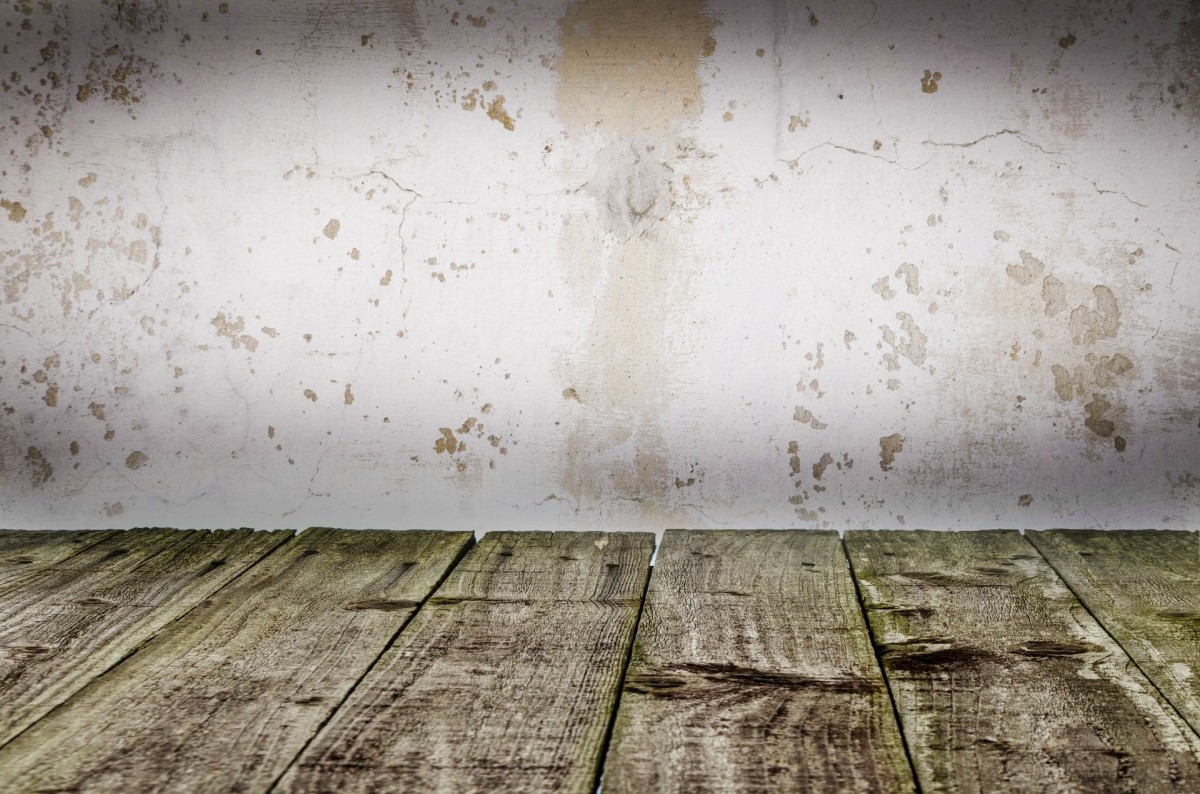
15 Nov Water Leak Detection and Prevention
Water leaks are a common but dreaded problem. If left undetected and unrepaired, pipe leaks can wreak havoc throughout your home. Water leaks can lead to water seeping into the walls, insulation, and foundation, the musty smell of mildew permeating your home, and difficult-to-fix mold growth. Plus, unchecked water leaks can increase your water bill. In fact, staying on top of detecting leaks can save you money by the barrel from preventing unnecessary damage.
There are some signs of water leaks you should be aware of and if you see them, call a plumber quickly to avoid damage to your home and expensive water bills.
How to detect water leaks
There are a few warning signs to look out for when it comes to detecting water leaks in your home or building. Noticing these signs quickly and calling a plumber can save money on your water bill and in repairs to your plumbing and foundation. Depending on your home insurance contract, various plumbing issues may be covered by insurance.
Surge in Utility Bills Costs
If you notice a sudden unexplainable spike in costs on your water bill, a water leak may be to blame. Water bills are often consistent from month to month but small increases over time can mean a small leak forming. But if your water bill jumps in cost without a reasonable explanation, you may be looking at a large leak in your pipes and should reach out to a plumber as soon as possible. If you suspect you have a slab leak, don’t hesitate to make an appointment immediately. Plumbing disasters can go from bad to worse pretty quick, a slab leak is particularly catastrophic.
Must & Mildew
Do you smell something musty? Or even the stench of mildew? It’s actually not normal for your home to smell musty, even if your house is old. If you start to smell something musty or notice mildew around your house, call a plumber to check for a leak.
Discoloration
Do you have an area in your walls or floors that is turning a strange color? While these may start off as a subtle stain, over time the area near the leak can darken and become more noticeable. If you suddenly notice a growing dark spot on your floor or walls, call a plumber immediately.
Dripping and Running Water
When there’s a leak in your pipes, you might hear the water before you notice an increased water bill or a discoloration. If you hear running water or the sound of dripping water in your walls/floor, you may have a water leak.
How Plumbers Detect Leaks
As homeowners, we might rely on signs like running water, strange smells, and increasing water bills to detect the potential existence of a leak but plumbers have the training and tools to expertly identify the location and severity of a leak. They can also determine if it’s not a leak but an even worse issue. After identifying the location and severity of the leak, they can go through your options for repairs and replacements.
Acoustic Listening Equipment
While a dripping noise or the sound of running water might be a strong indicator of a leak, it’s not always audible for homeowners. Plumbers often use listening discs and ground microphones to check for leaks around the home. With these tools, they can hear even a subtle drip through layers of drywall and concrete.
Video Pipe Inspection
They say a picture is worth a thousand words but a video can save a thousand dollars when it comes to plumbing. In addition to acoustic sound equipment and heat scanners, plumbers have an incredible tool in their arsenal. Plumbers can perform camera plumbing inspections with miniature video cameras that they can feed into the pipe that will relay information that show exactly where the pipe leak is located.
Experience
Plumbers know exactly what to look for around your toilets and water fixtures to see if you have a leak. This comes from years of experience and training. Find an experienced plumber to ensure a thorough inspection.
How To Prevent Water Leaks
At best, water leaks are annoying. At worst, they can be a devastating expense. However, you can prevent most water leaks with a few careful measures.
Schedule Regular Inspections
Try to have your home’s plumbing inspected annually. This will keep problems from getting worse and give you a ballpark for when you may need to replace or repair parts of your home’s plumbing.
Inspect Your Sump Pump
Oftentimes, water leaks and floods can be avoided by regularly inspecting your sump pump and keeping the area around it clear.
Water Detection Devices
You can install water detectors near your water fixtures throughout your home. These can detect minor leaks or slow leaks that may go unnoticed on your water bills.
Don’t Overload Your Water Pressure
Check your water pressure. Most home plumbing systems are only meant for 40-70 psi. If your water pressure exceeds that, adding a pressure regulator can be helpful. Overloading your pipes with too much water pressure can strain your pipes and lead to leaks.
Do Not Plant Trees Near Pipes
If you know where your pipes run through your yard, do not plant trees near them. The roots can dig deep into the soil and cause pressure on the pipes or even burst them.
535 Plumbing
Do you suspect a water leak in your pipes? Or do you want to prevent future water leaks? Call the experts at 535 Plumbing at (808) 300-0535 and set up a consultation today.


